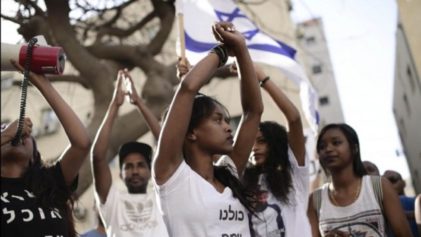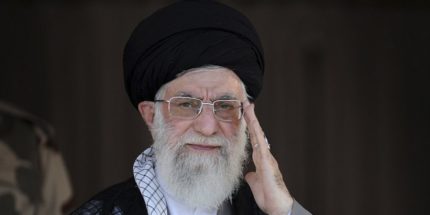The death of a 30-year-old Palestinian man in Israeli custody, possibly after torture, led to a weekend of anger and protests as Palestinians threatened to start another prolonged “intifadeh,” or uprisings, against the state of Israel.
The man, Arafat Jaradat, quickly became a martyr after his family indicated that he died while in detention in an Israeli prison, where he had been taken after claims he threw stones at passing cars.
“The prisoners on hunger strike and the tense protests, the violent events in which Palestinian civilians are killed and the freezing of the peace process all indicate that we are on the verge of an explosion,” said Palestinian official Quaddura Fares, who heads the association dedicated to Palestinian prisoners, in the publication Ma’ariv. “Jaradat’s death may well be the spark that will ignite it.”
Jaradat’s wife said that when her husband was arrested, the intelligence officer that accompanied the Israeli Occupying Forces requested that they allow him to return to his home for a moment to say goodbye to his wife and children. In her mind, this was an indicator that his death in the prison was premeditated. In addition to their two children, ages 4 and 3, the couple were expecting a third child in June.
According to a statement posted on the website of the Addameer Prisoner Support and Human Rights Association, since 2003 there have been 700 complains of torture in the Israeli prisons, none of which have been investigated.
Since 1967 there have been 53 deaths from medical neglect and 72 deaths caused from torture in the Israeli prisons, according to the statement. Jaradat’s death is the second this year that is attributed to Israeli detention; Ashraf Abu Dra was subjected to medical negligence during his detention and died on Jan. 21 from a fatal coma shortly after his release, according to the Addameer statement.
The possibility of a new intifadeh is feared by many on both sides of the conflict, since nearly 1,000 Israelis and more than 3,000 Palestinians died in the last one, which lasted from 2000 to 2005.
While no one knows if the anger of the Palestinians will explode into a true intifadeh, tension is simmering in Palestine.
“Tension creates uprisings,” Fatma Salame, 51, told Time on a downtown Ramallah sidewalk.
“It’s going to happen,” insists Arafat Hidmi, 48, from Hebron. “The situation does not feel stable at all.”


